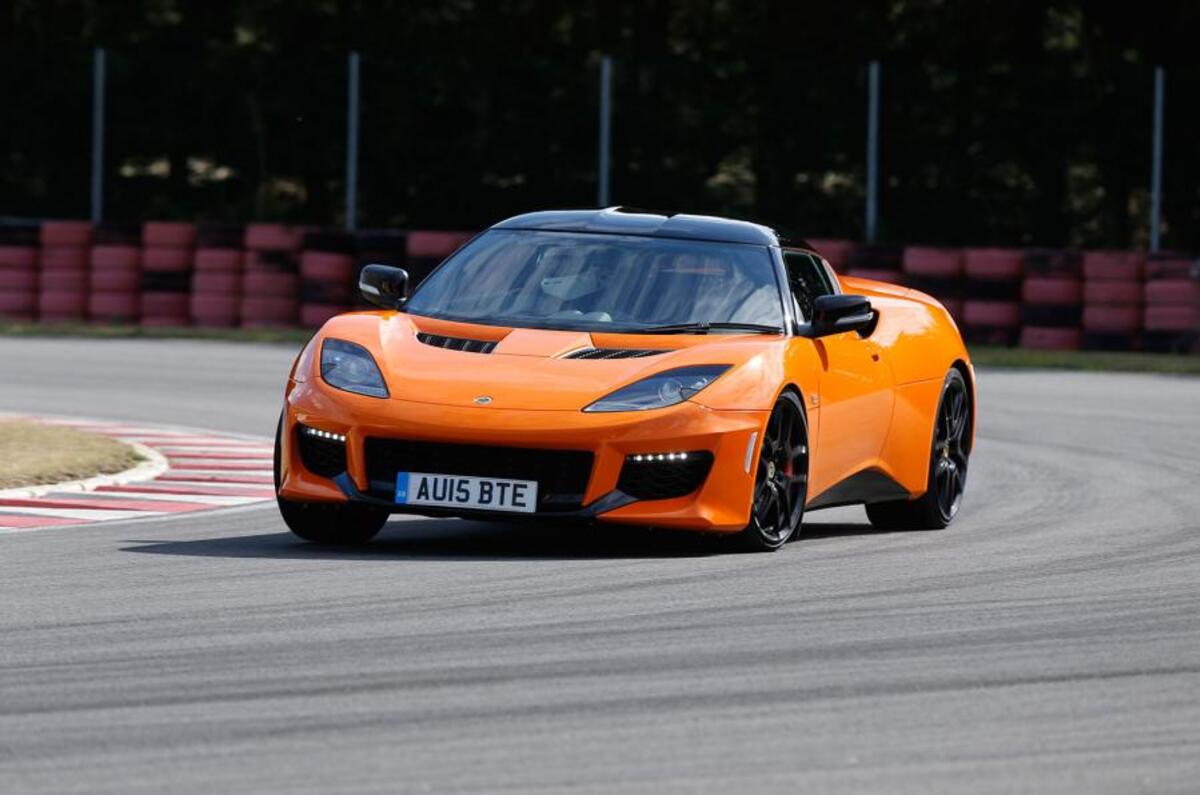The PSA Group is in negotiations with Proton to purchase the company, but the Lotus brand could be bought by Chinese manufacturer Geely, reports suggest.
Geely pulls out of Proton bidding process
Although currently negotiating a deal to takeover General Motors Europe, PSA has confirmed it is talking to Proton over a move and is reportedly ready to invest and build a new plant in Malaysia.
A spokesperson for PSA said: "We are in the process of negotiation and have no further comments to add at this time."
Chinese manufacturer Geely, which owns Volvo, is also interested in purchasing Proton but may be offered a deal to take only Lotus. Those terms could suit PSA, which has less interest in the Lotus brand.
Proton is looking to get a foreign partner involved in the business after being bailed out by the Chinese government six months ago following a long period of poor financial results.
It is thought PSA's plans for Proton include building a new plant to raise its output in the South East Asian market, which would aid PSA's Push to Pass strategy. Reports suggest PSA is aiming to raise Proton's production capacity up to 2 million units from the current 150,000.
Proton is itself owned by DRB-Hicom, a large Malaysian conglomerate, and last year revealed it would consider offering Lotus to the market in its attempts to save the ailing Proton brand.
At that time PSA, Renault and Suzuki were reported to have all voiced interest in purchasing Proton, but the purchase of Lotus was still uncertain.
This isn’t the first time the future of Lotus and its parent company have been cast into doubt - six years ago, Proton faced similar financial issues. However, the purchase of both brands by DRB-Hicom enabled Lotus to commit to a more secure future.
This future includes an all-new Lotus Elise that will go on sale in 2020. Comment about the model’s development coincided with news that Lotus has made a profit for the first time in two decades.




Join the debate
Add your comment
Lotus and JLR/Tata
McLaren- Lotus
The Germans
BMW have done well in turning around some British brands, and they have some knowledge of producing carbon fibre vehicles with the i-series. As many have said the Elise chassis is just outdated, as is Aston Martin's similar VH platform; a restricting design for what consumers expect in regards to practicality, sports car or not. A carbon fibre monocell/tub will put Lotus ahead of its competition and would positively weigh in favour of reducing costs for BMW's carbon fibre manufacturing due to economies of scale. A straight six Evora? Yes please.
A fun alternative is Aston Martin and Daimler AG. This would give a three tier product portfolio, with lotus sourcing Mercedes-AMG's smaller engines and electrical architecture. For Aston this gives them a hardcore motorsport brand of cars in the form of Lotus, ranging from the Elise to the Esprit competing against Mclaren, Ferrari, Lambo' and some of Porsche's models. Lagonda for large luxury sedans and coupes to fend off the S-Class, Mulsanne, Phantom, Quattroporte and Panamera. This allows Aston Martin to push its GT sports cars into different classes be it cross-over or a 2 seater, without having to fulfil the other roles it's been forcing upon itself, because lets face it, you can't have a hardcore-sports off roader, that has supple suspension and a luxurious ride.